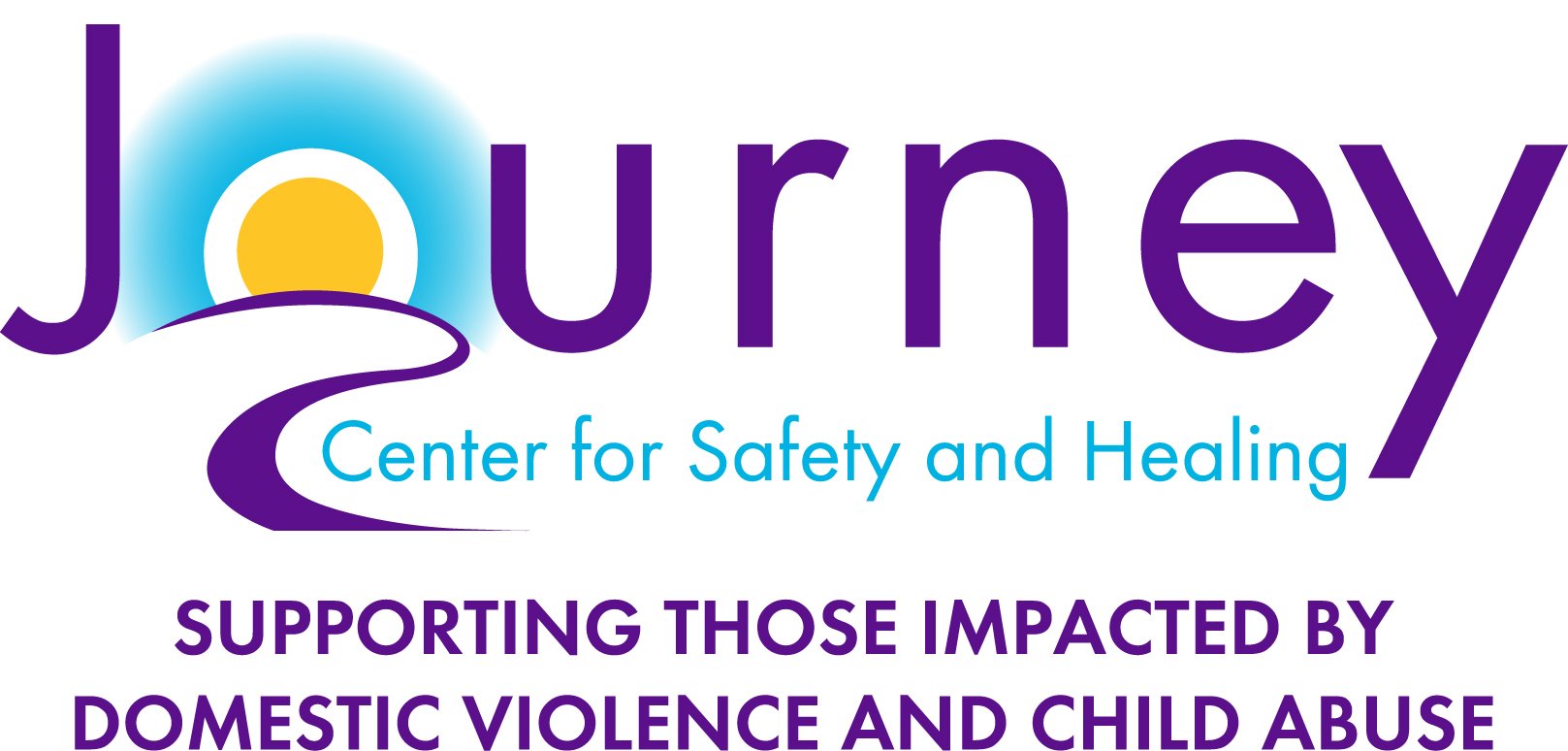Journey Center for Safety and Healing apologizes for the broken links and missing information as we strive to follow the mandates of the federal administration. Please feel free to call Journey at 216.229.2420 with questions and requests for information.
If you, or someone you know, is in an uhealthy or abusive relationship call or text our 24-Hour Helpline: 216.391.4357 (HELP).
Or click here to chat with an advocate.


